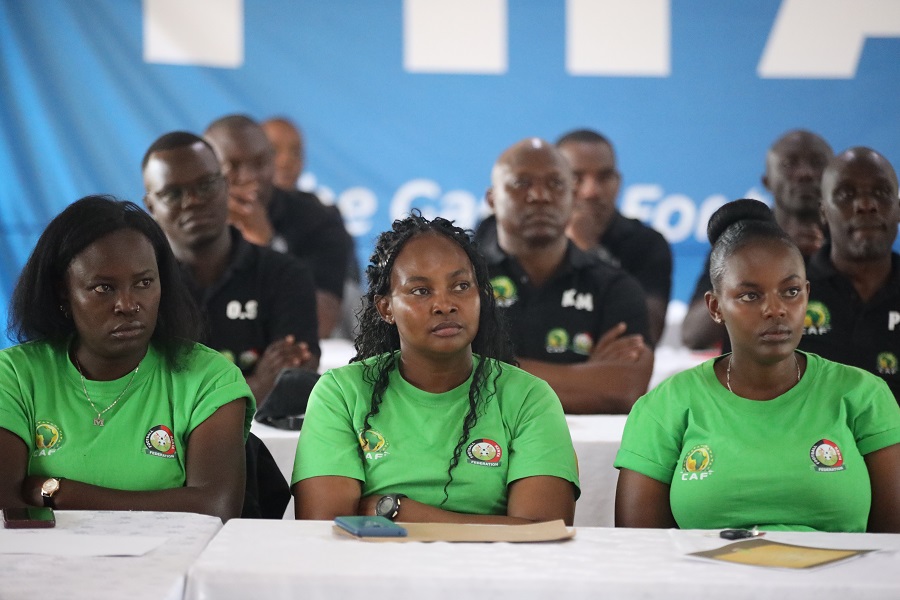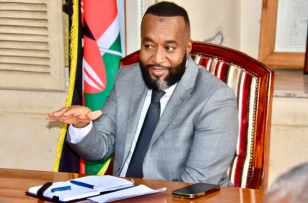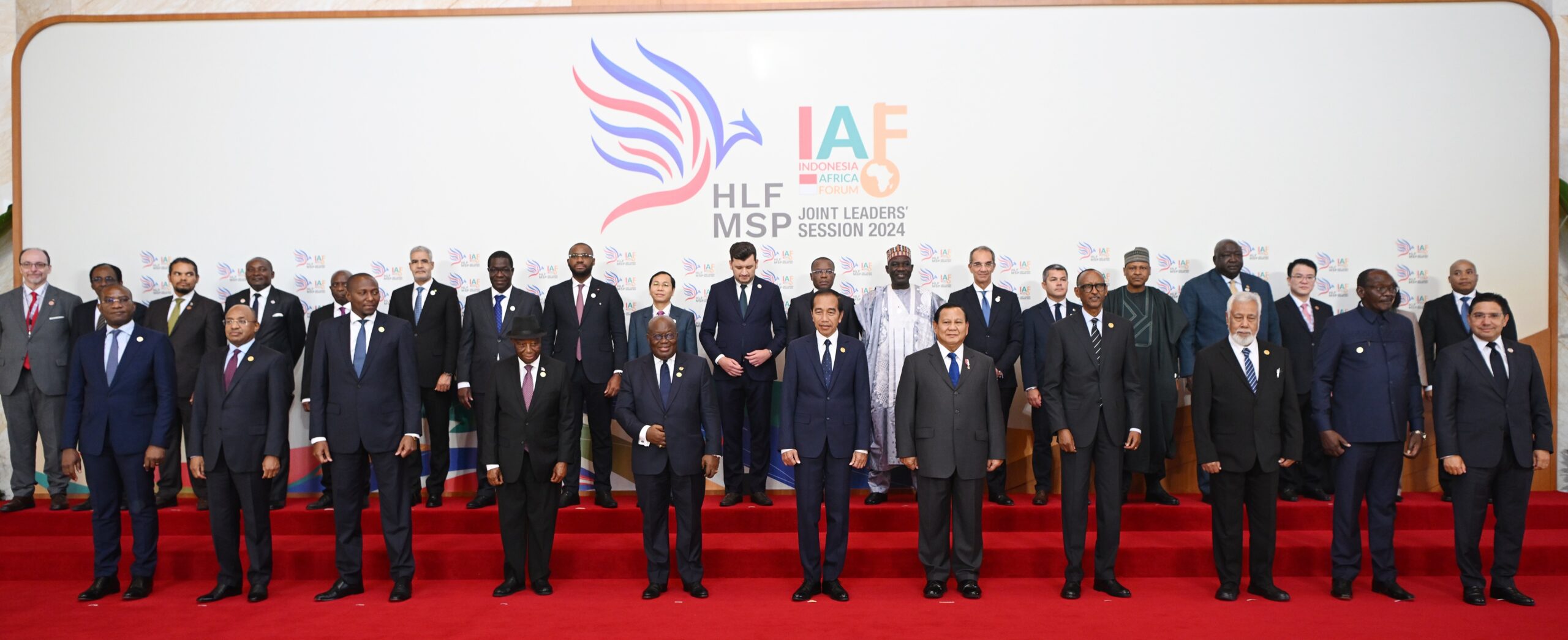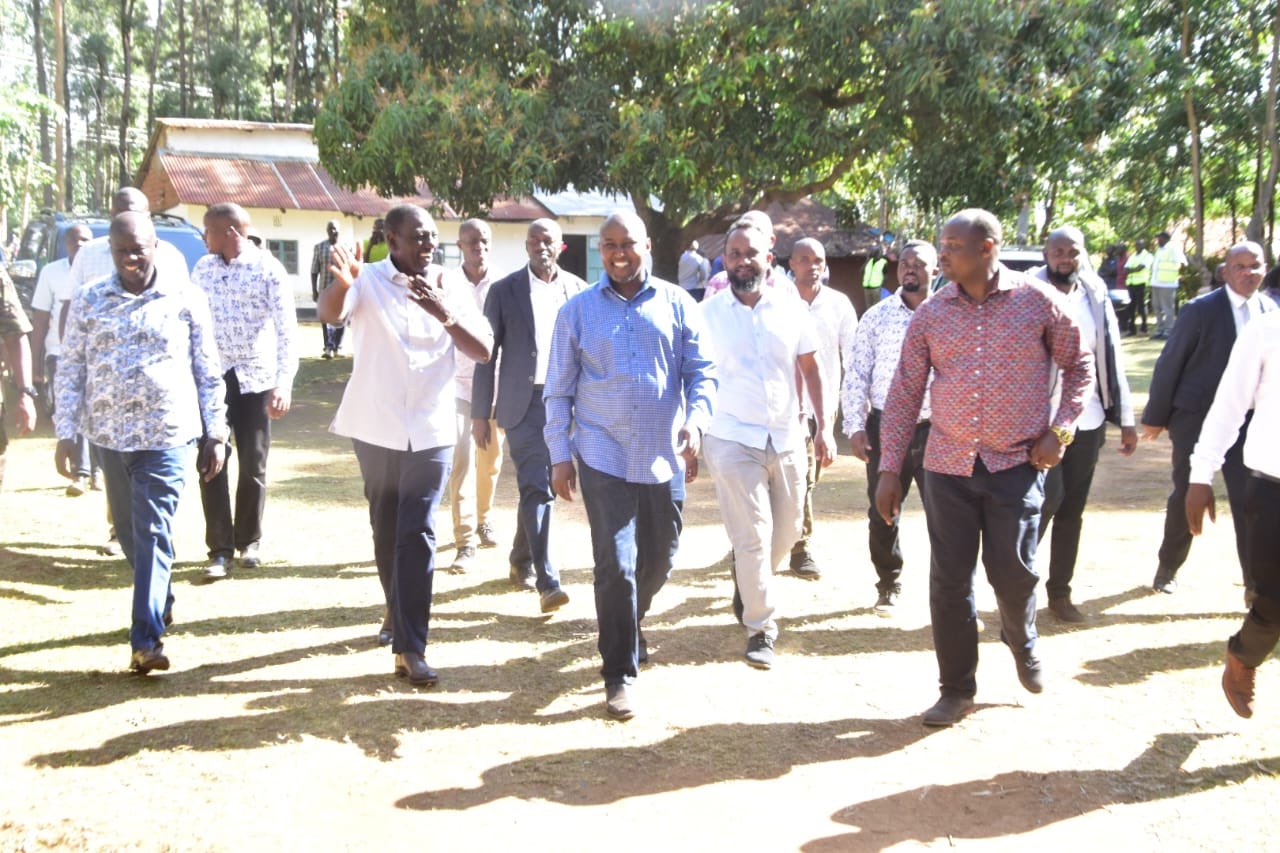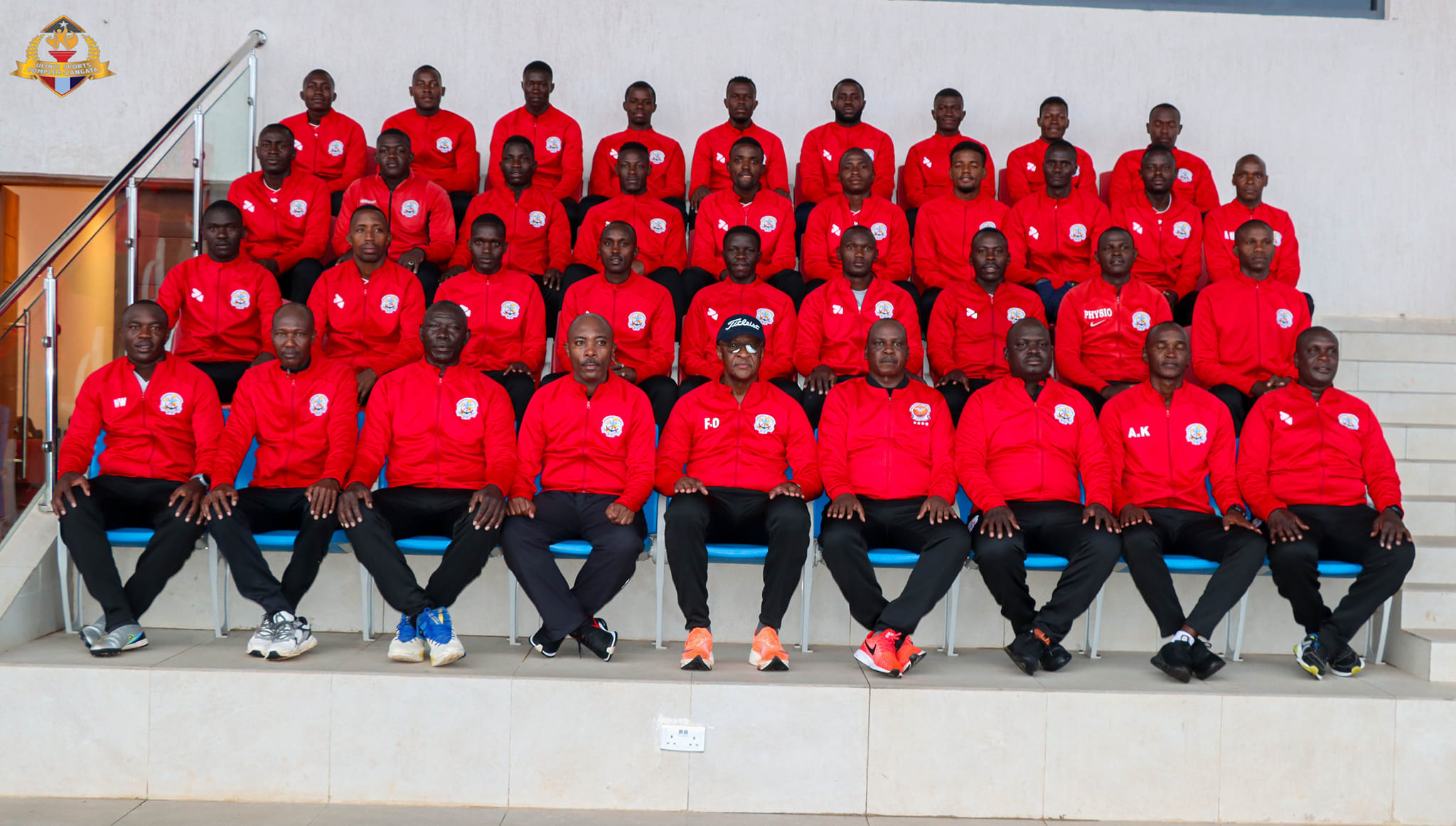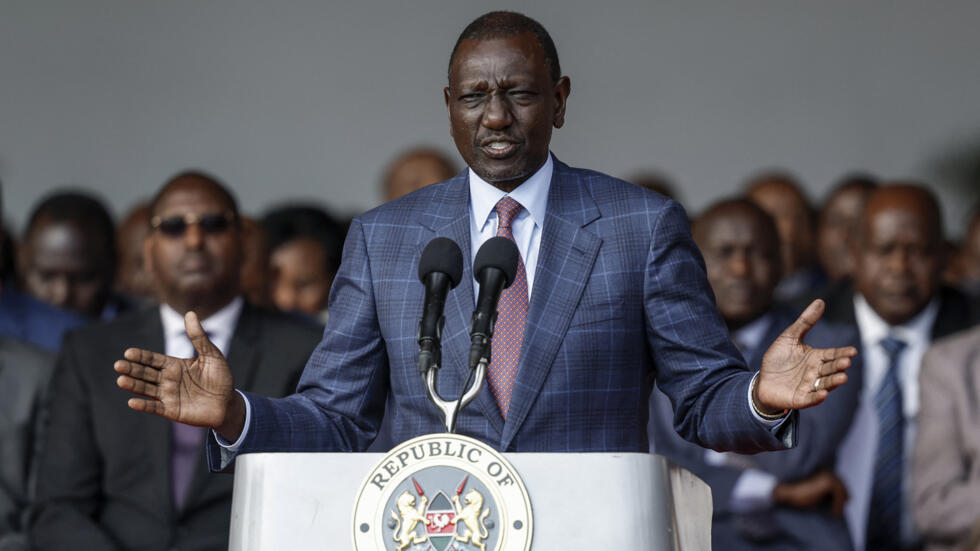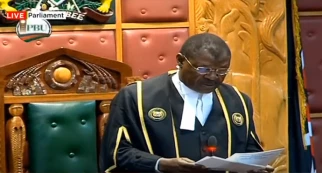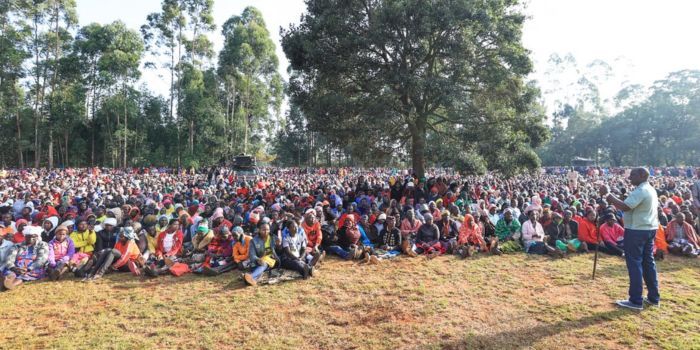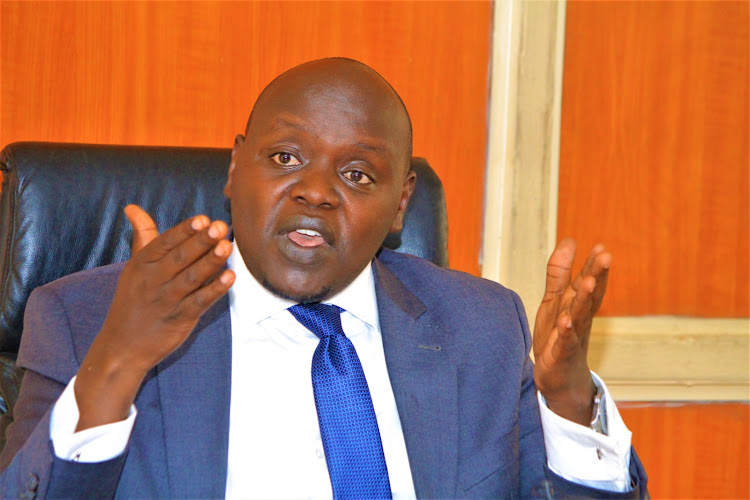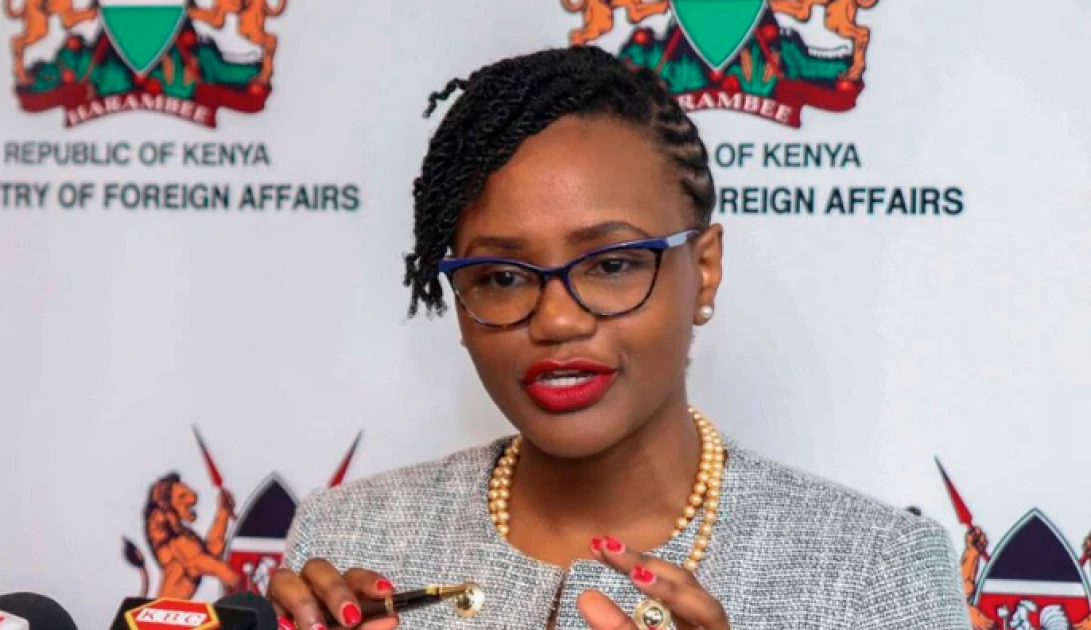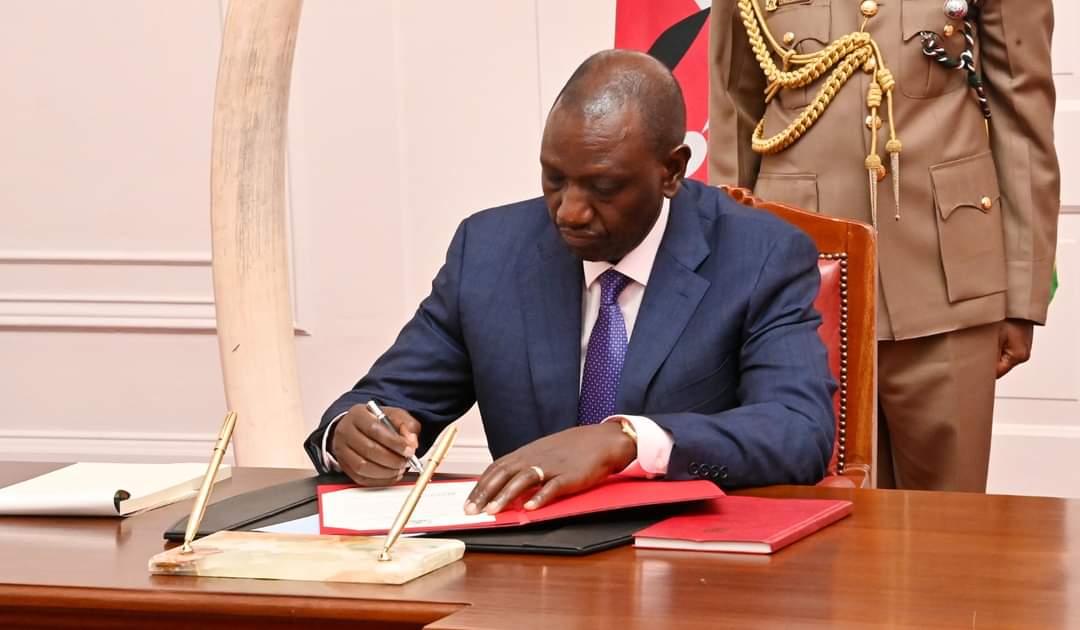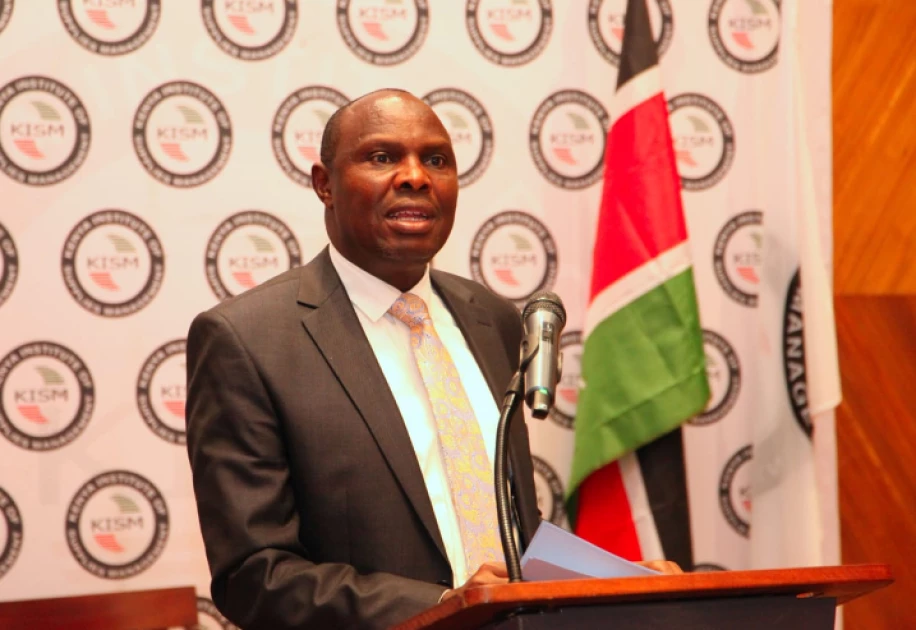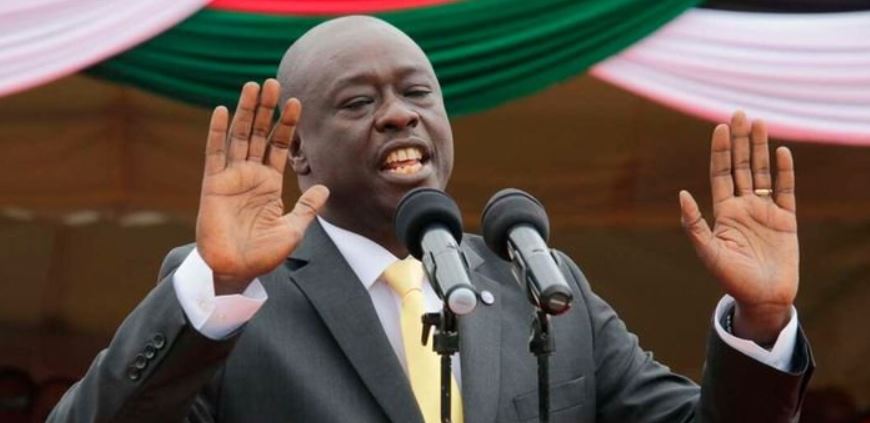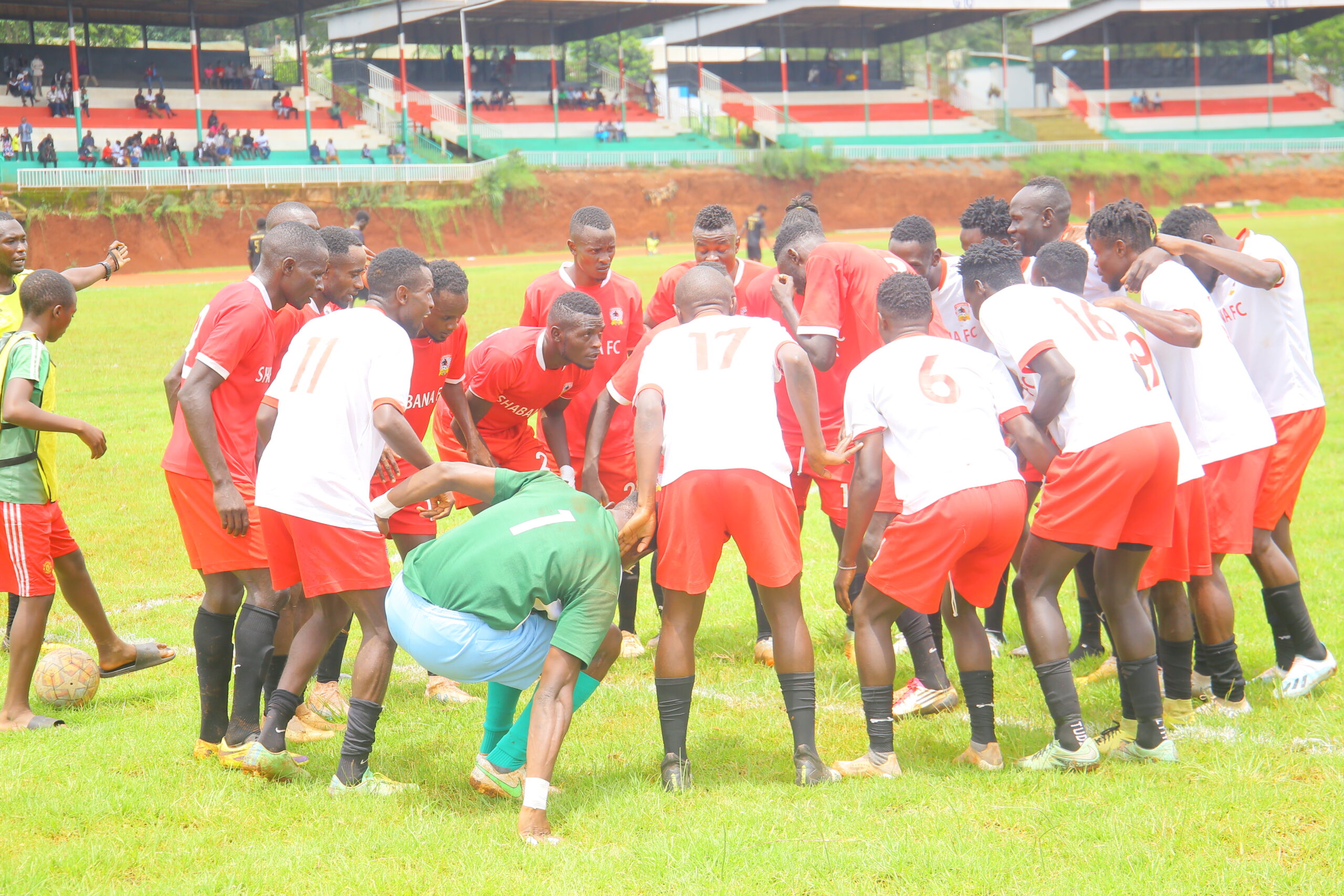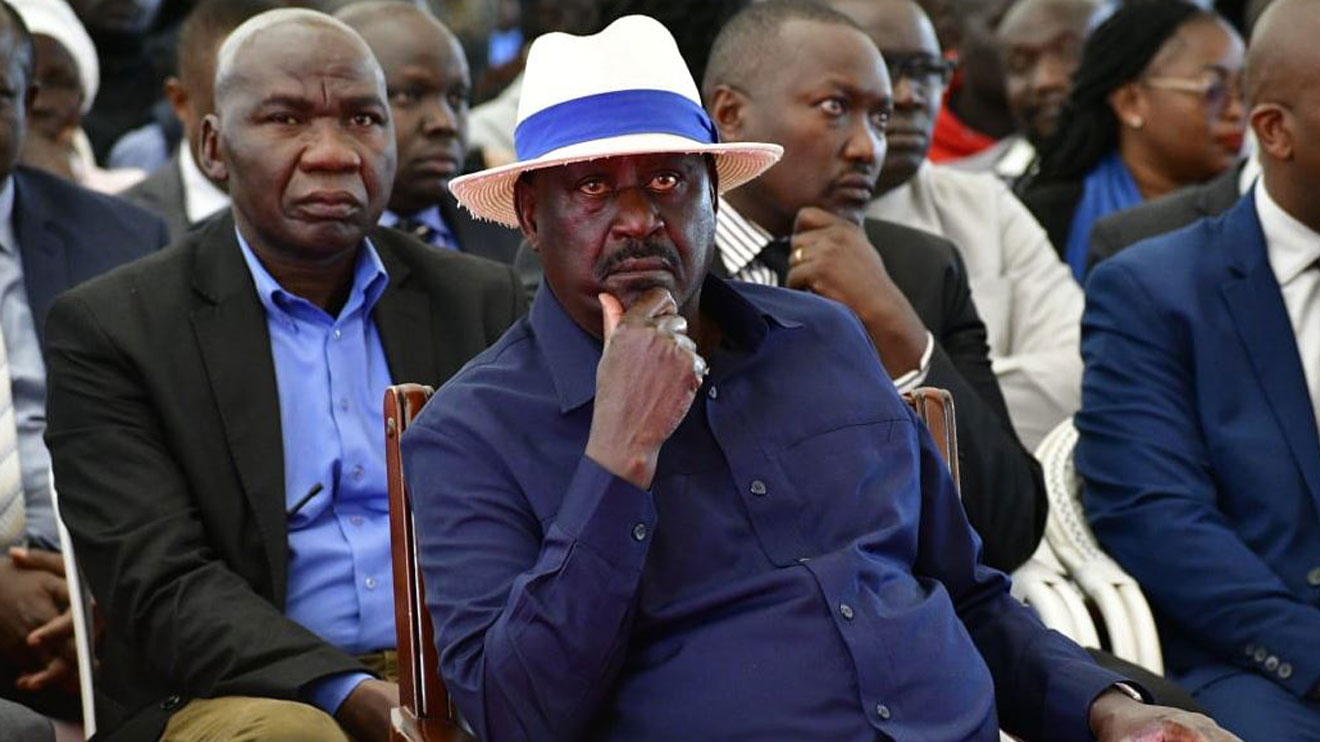Controller of Budget (CoB) Margaret Nyakang’o has sparked debate after issuing a directive prohibiting county governments from funding bursaries for post-primary education, stating it falls under the mandate of the national government.
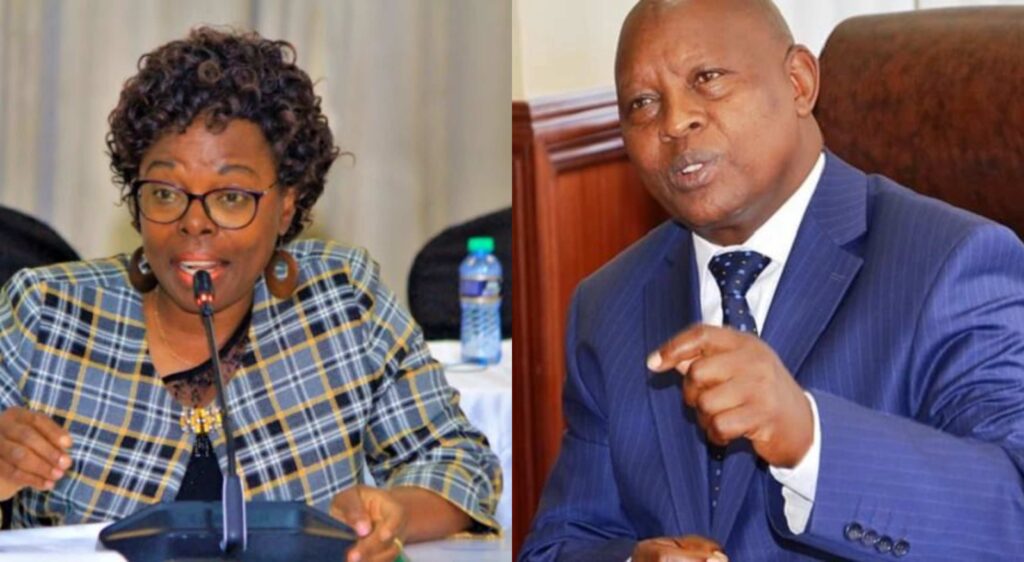

CoB’s Directive Explained
In a letter dated January 14, Nyakang’o clarified that county governments lack a legal basis to finance students in primary, secondary, and tertiary institutions. She emphasized that these functions are allocated to the national government under Part 1 of the Fourth Schedule of the Constitution.
“For any county government to offer educational support for functions classified under Part 1 of the Fourth Schedule, the function must be formally transferred through Article 187 of the Constitution,” Nyakang’o explained.
She added that counties are limited to funding pre-primary education, village polytechnics, home craft centres, and childcare facilities, as stipulated under Part 2 of the Fourth Schedule.
Governors Push Back
Nyeri Governor Mutahi Kahiga strongly criticized Nyakang’o’s stance, questioning its timing and legitimacy. He pointed out that the CoB had already approved county budgets, including bursary allocations, in July 2024.
“When budgets are made, the first person to approve them is the Controller of Budget. What has suddenly changed to justify this directive?” Kahiga asked.
The governor further argued that bursaries are social support mechanisms created to address poverty and financial challenges in the community.
The Role of Bursaries
Kahiga defended the importance of county bursary programs, such as Nyeri County’s Elimu Fund, which supports students in secondary schools, tertiary institutions, and universities.
“These programs are designed to cushion vulnerable families against poverty and ensure that every child has access to education,” Kahiga said.
He also highlighted that counties have the legislative power to establish funds for such initiatives, integrating them into broader policies to support residents.
The Constitutional Debate
The Fourth Schedule of the Kenyan Constitution divides functions between the national and county governments:
- National Government: Responsible for universities, primary and secondary schools, tertiary education, and special needs institutions.
- County Governments: Focused on pre-primary education, village polytechnics, and childcare facilities.
Nyakang’o’s directive suggests that counties would require formal agreements with the national government to administer bursary funds for post-primary students, a move governors argue undermines their autonomy.
A Call for Collaboration
Governor Kahiga urged the CoB to reconsider the directive, arguing that education funding transcends constitutional classifications and is critical for poverty alleviation.
“It is the responsibility of every government to support education, regardless of jurisdiction. These bursaries are a lifeline for many families,” he concluded.
As the debate unfolds, the directive has highlighted the need for clarity on the roles of different levels of government in providing equitable access to education in Kenya.









































































